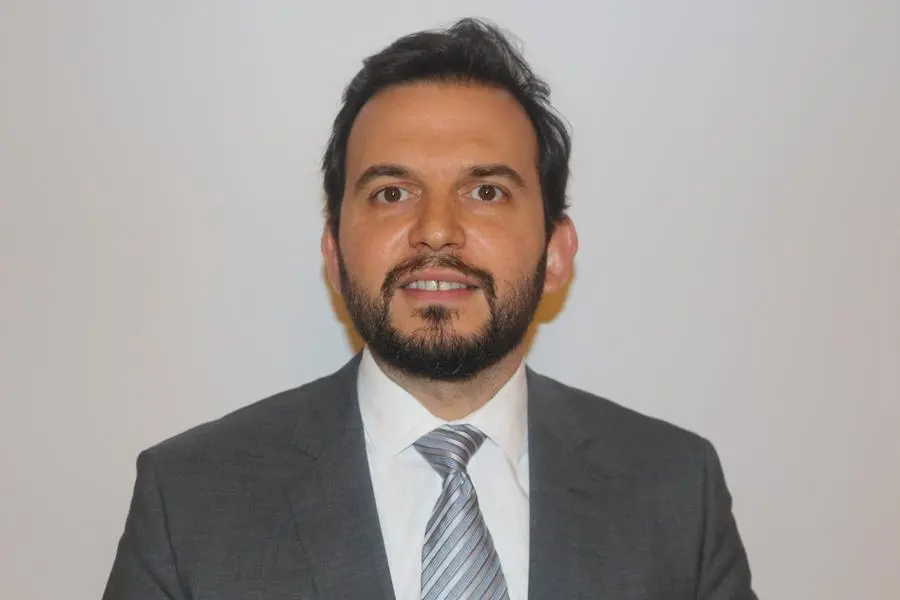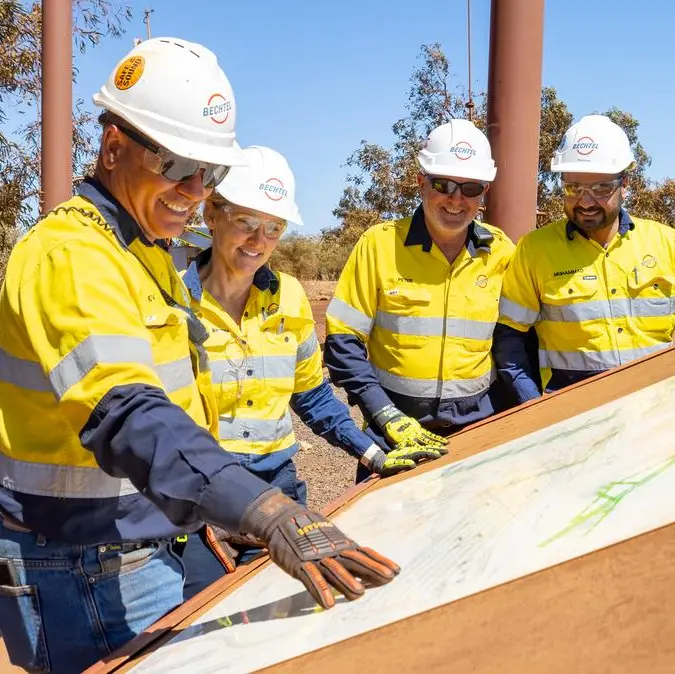PHOTO
Dubai, U.A.E - Pearson, the world’s leading learning company, has outlined its predictions on how the technological revolution will affect higher education in 2022.
With the onset of the pandemic, millions of students migrated from physical classrooms to online ones at an accelerated pace. During this shift, technology has played an essential part in transforming pedagogical tools. The integration of Virtual Reality (VR), Augmented Reality (AR) and Artificial Intelligence (AI) into courses has increased substantially across higher education, reshaping education and making learning more adaptable, accessible, and interactive.
Below are the highlights of Pearson’s findings and forecasts:
- The rise of digital material: There is a seismic shift towards e-texts. Sifting through multiple text pages for a specific topic is much more efficient with digital books than with physical ones. The possibility of adding interactive elements and built-in homework assignments offers flexibility to both teachers and students.
- Corporation-university partnerships: As demand-driven learning gains momentum, corporations are benefiting from collaborating with higher education institutions to offer working professionals the opportunity to reskill/upskill and recruit the right talents, while universities gain valuable insights to better prepare graduates for employment.
- Micro-courses: Often cost-effective, short courses help in a competitive job market by providing valuable networking opportunities and helping uncover career interests. They remain the best way to address a digital soft skill gap considered as a major business threat by 81% of CEOs in the Middle East, according to a survey conducted by PwC.
- Online proctored tests: The global market size for proctored exams is estimated to increase to a whopping $1,068 million by 2026, growing at a CAGR of 20.8%. Most educational institutions will adopt online tests, making their examination process more resilient, convenient and accessible. In this regard, Pearson’s MyLab & Mastering programs provide actionable insight based on class and student performance while safeguarding the integrity and academic honesty in distance education.
Majid Mneymneh, Vice President, Higher Education Middle East and Africa, commented on these trends: “The next few years in higher education are sure to witness a tech revolution that will completely transform our understanding of teaching and learning. The industry is well on its way to embracing new digital approaches, not just a stopgap answer, but as long-term solutions to the current disruption of the educational landscape. The forecasts help us understand the current needs of our customers and as a result create comprehensive learning solutions that benefit everyone equally.”
The 2021 Global Learner Survey by Pearson suggested that the pandemic is forging a stronger generation. With 90% of people believing internet access to be a basic human right, the future of education is bound to be driven by new & innovative technologies. As a leading learning company, Pearson has been playing an integral role in providing the education community with quality content, courses & innovative platforms to navigate through this digital transformation.




















